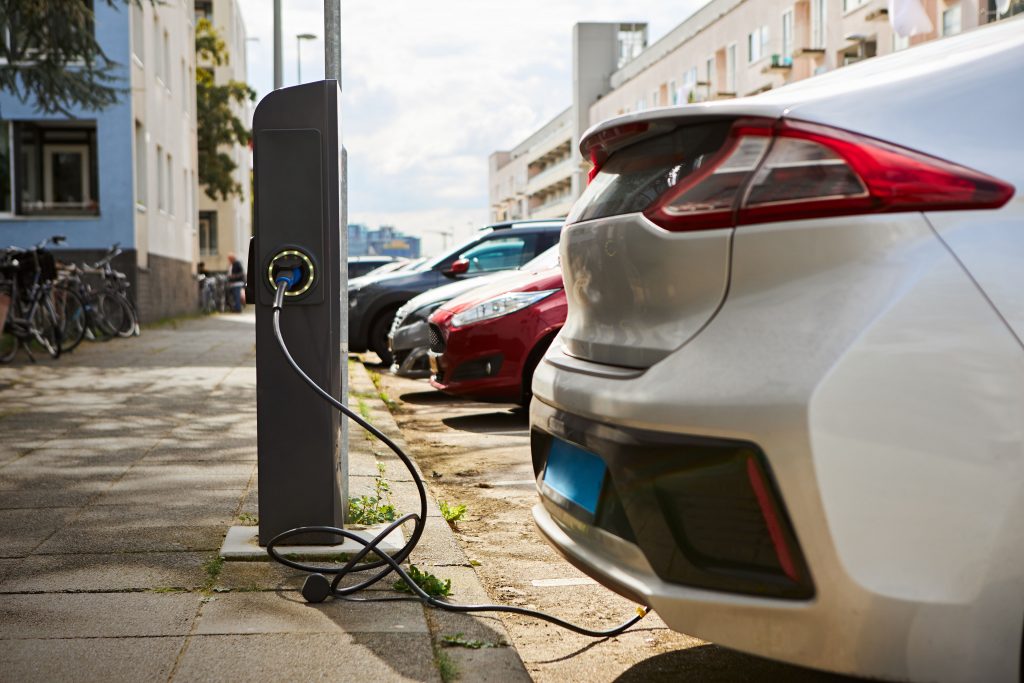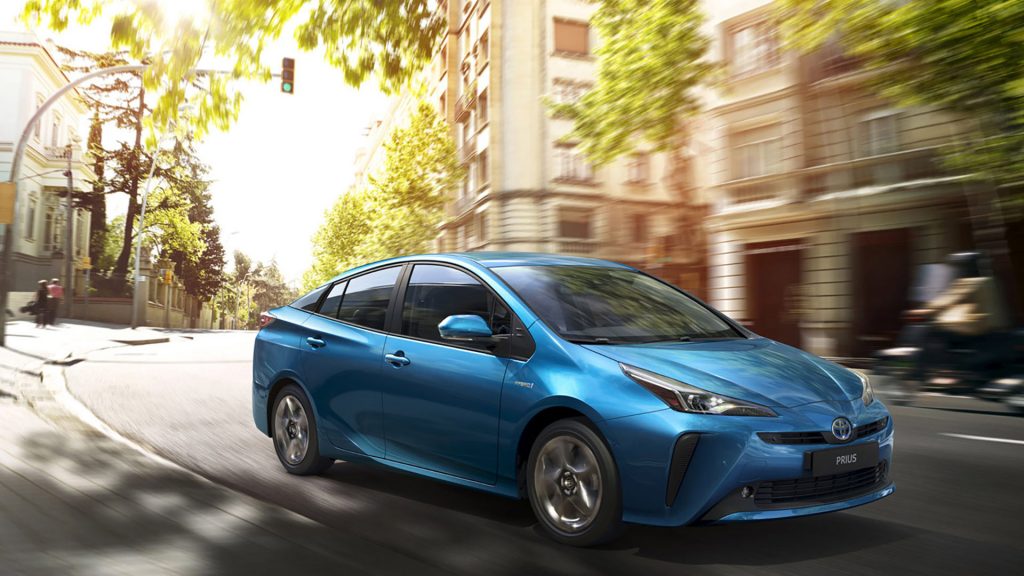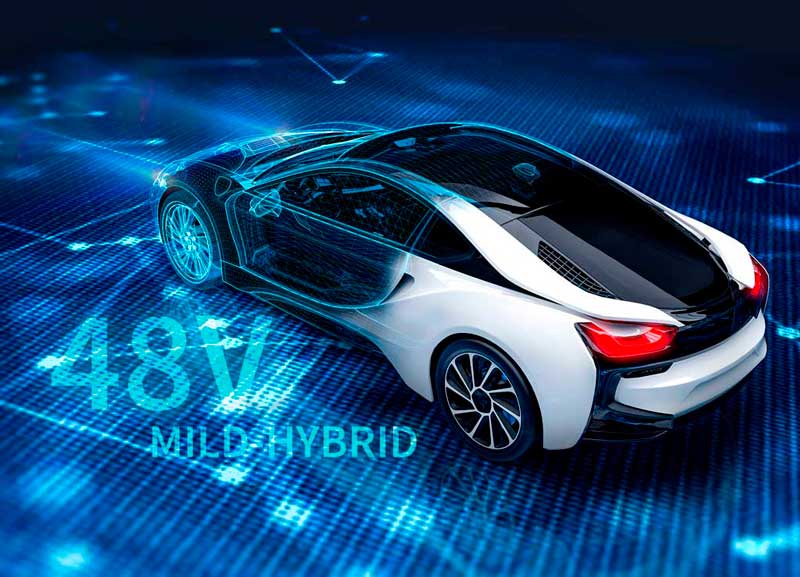The rapid development and the growing population have significantly increased the need for personal vehicles for the sake of comfortable transportation. As a result, four-wheelers are no more considered an element of luxury but are regarded as an element of necessity. However, the fossil fuels used in operating vehicles increase the production of harmful gases that consequently deteriorates the environment. Taking such a prominent aspect in mind, manufacturers focus more on producing eco-friendly vehicles these days. However, we should not forget that every variant has certain advantages and disadvantages. Therefore, all the crucial aspects, along with the limitation of an electric vehicle, are covered in this article.
An Overview on Electric Vehicle

The demand for electric vehicles is exceptionally growing every day. Besides, well-known manufacturers like the KIA, Hyundai, Renault are delivering some of the best electric cars. Electric motors power these EVs for thrust. The first electric car was built in the year 1841. Similarly, the concept of rechargeable batteries finally came into play in 1859. The people started appreciating the EVs after Elon Musk founded Tesla Motors in 2004.
Why Are Electric Vehicles Important?

Innovative and dynamic people like Elon Musk taunts electric vehicles as the future of transportation. Why do you think that such personnel favors EVs? It is because an electric vehicle falls on the cheaper and greener side. It is much more efficient, cost-friendly, and environmental-friendly.
Likewise, the anti-emission of Co2 gas is another enticing element of an EV. In addition, these vehicles are almost noiseless in contrast to petrol and diesel vehicles. You will also experience better handling, all thanks to the inclusion of a sturdy battery at the bottom.
Types of Electric Vehicles
There are, in general, two types of electric vehicles, and they are:
Hybrid Vehicle

Hybrid vehicles are like modern electric vehicles but pack the supplementary fuel-driven power source. As a result, these vehicles have better fuel efficiency and better performance. Besides, Hybrid vehicles utilize the fuel engine to recharge the battery. Hybrid cars are further classified into Parallel Hybrid, Series Hybrid, and Plug-in Hybrid.
Mild Hybrid Vehicle

Unlike full-hybrid vehicles, mild hybrid vehicles cannot use the electric motor to move the car. The electric motors solely assist in the combustion of the engine. It improves fuel economy and revamps the performance of a vehicle.
What Are the Limitations of Electric Vehicle?
The car companies claim that an electric car runs for an average of 150-350kms on a single charge. However, this seems to be a limitation to most of the buyers. Also, these vehicles take 8-18hours to charge their batteries which can be inconvenient at times fully. Besides, we don’t have many charging stations in Nepal. This can be disruptive if you run out of the charge in the middle of a highway.
Convenience
Taking the environmental degradation caused by the emission of fossil fuels under consideration, we think that we should move towards greener vehicles. Besides, the Government of Nepal has comparatively waived off taxes on EVs as imposed on petroleum engines. Similarly, you will spend relatively less money on its maintenance.
However, before we hop into electric vehicles, we must also think about the charging stations. Currently, we only have four charging stations in Nepal, all of which are private. Of course, EVs are tempting and favorable initiatives. But in a developing country like Nepal, the Government should take all the necessary steps before promoting it to the public.
 Automobiles
Automobiles  Beauty & Health
Beauty & Health  Books & Magazines
Books & Magazines  Computers
Computers  Electronics
Electronics  Fashion
Fashion  Furnishing & Appliances
Furnishing & Appliances  Furniture & Decor
Furniture & Decor  Mobile & Tablets
Mobile & Tablets  Music Instruments
Music Instruments  Real Estate
Real Estate  Toys & Video Games
Toys & Video Games  Travel & Tours
Travel & Tours 




